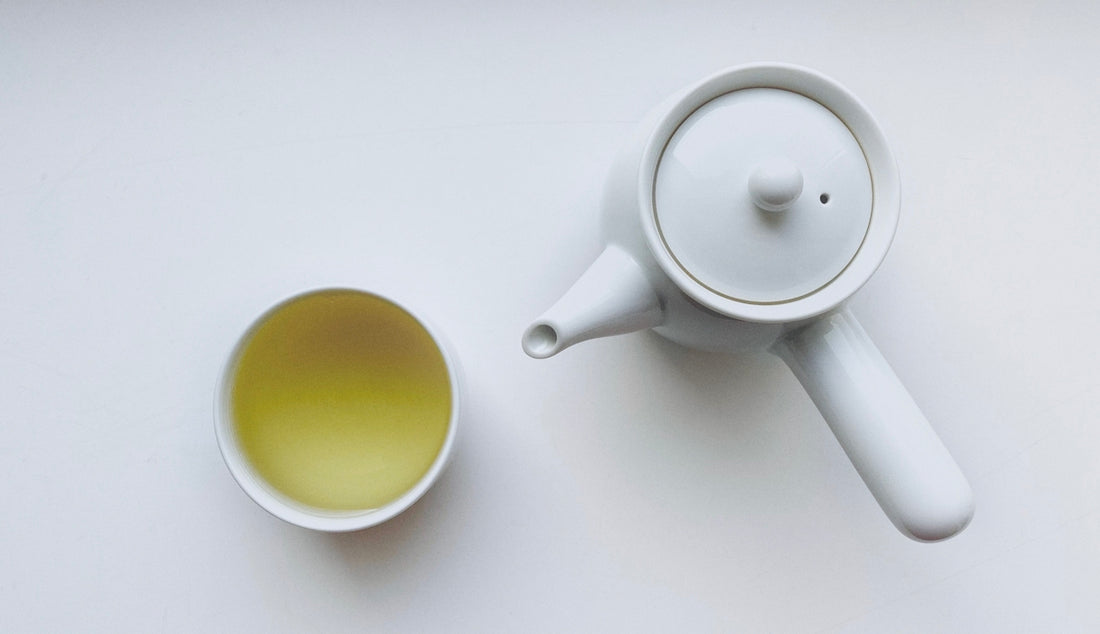
Why Oolong Tea Might Be Better for You Than Green Tea
For centuries, tea has not just been a drink but a cultural emblem and a lifestyle enhancer, capable of delighting the senses, invigorating the spirit, and contributing to a healthier lifestyle. Among the myriad varieties of tea, Oolong and Green Tea stand out as two of the most revered and consumed teas worldwide. The debate over which is superior often compels tea enthusiasts and wellness seekers to choose sides. This exploration delves into why oolong tea might just have an edge over green tea when it comes to delivering benefits that go beyond mere flavor.
Delving Into Oolong Tea
Oolong tea is a traditional Chinese tea known for its distinctive taste and complex production process. Unlike green tea, which is unoxidized, or black tea, which is fully oxidized, oolong tea falls somewhere in between, experiencing partial oxidation. This unique process endows oolong tea with its characteristic body and complexity, offering a flavor profile that can range from light and floral to rich and robust. The two primary types of oolong teas—the lightly oxidized Tieguanyin and the darker Dancong—demonstrate the broad spectrum of flavors within this category.
A Brief Introduction to Green Tea
Green tea is equally celebrated, deeply rooted in Asian culture, and widely regarded for its minimal oxidation process, resulting in a fresh, slightly astringent taste. Praised for its simple production process and health benefits, green tea has become synonymous with wellness.
Health Benefits: Oolong Tea vs Green Tea
The debate over oolong tea vs green tea pivots on their rich antioxidant content, which contributes to their health benefits. Both teas are laden with antioxidants, catechins, and polyphenols, believed to offer protective benefits against a host of ailments. However, oolong tea might have a few unique advantages that could make it more appealing based on personal health goals.
Oolong Tea's Impact on Metabolism and Weight Management
One of the most discussed benefits of oolong tea is its potential impact on metabolism and weight management. Research shows that oolong tea can increase your metabolic rate for better energy expenditure, helping with weight loss efforts. It has been noted that the caffeine in oolong tea, in conjunction with its polyphenols, aids in the expansion of calories burned daily, an exciting consideration for those looking to manage their weight effectively.
To explore this delightful tea, consider trying our Alpine Tieguanyin Oolong Tea, known for its light floral notes and revitalizing characteristics.
Stress Reduction and Mental Health Benefits
Beyond physical health, oolong tea is renowned for its mental health benefits, offering stress-reducing and mood-enhancing properties. The polyphenols found in oolong tea have been associated with improved cognitive function and mood stabilization, helping to keep anxiety at bay and enhance overall mental well-being. Green tea also promotes mental health with its own amino acid, L-theanine, promoting relaxation, yet the unique polyphenol profile of oolong might provide an edge in mood regulation.
Cardiovascular and Blood Sugar Stability
Both oolong and green teas have been linked to improved heart health and stabilized blood sugar levels. Oolong tea has demonstrated a significant capability in reducing cholesterol and promoting blood circulation due to its semi-oxidized properties, which might provide enhanced benefits over the antioxidant saturated yet less oxidized green tea.
For a rich, aromatic experience that complements this benefit, the Honey Orchid Dancong Oolong Tea offers a deep, luscious taste perfect for savoring the reflective moments.
Taste and Aesthetic Pleasure
The experience of drinking tea goes beyond health; it's about enjoying a moment of beauty and tranquility. Oolong tea, with its varied oxidation levels, provides a broader range of flavors than green tea, offering something suitable for almost every palate—from sweet and fruity to woody, nutty, or even creamy textures. This variety enables you to indulge in a delightful tea journey that can be both invigorating and calming, providing unique sensory experiences to treasure.
The Explorer's Journey Box
To truly grasp the depth and diversity oolong tea offers, consider embarking on a tasting adventure with The Explorer's Journey Box. This curated selection provides an enriching exploration into the vast world of oolong flavors, allowing one to discover their personal preference while embracing the tea's full potential.
Exploring Your Personal Preferences
When it comes to caffeine content and personal responses, oolong and green tea each play different roles. Oolong tea caffeine content is typically higher than green tea, though it varies depending on specific types and brewing methods. This variability offers opportunities to tailor caffeine intake according to individual preferences and tolerances, potentially providing a balanced level of caffeine-driven alertness without overload.
Indulge in the creativity and personalization of tea with the Tea Remix Lab, where custom blending empowers you to experiment with your desired taste profiles and caffeine combinations.
Conclusion: Why Oolong Tea Could Be Your Choice
While both oolong and green tea offer distinct health benefits and unique flavor stories, your choice might depend on personal health goals, taste preferences, and lifestyle. Oolong tea's robust portfolio of flavors, metabolism-enhancing properties, and potential mental health benefits might make it a more appealing choice for many, particularly for those seeking an engaging, complex tea experience that transcends the ordinary.
Explore our collection and elevate your tea journey by visiting our website Tea Start to discover what oolong tea has to offer. Whether you're new to tea or a seasoned connoisseur, there is always something novel to discover in the world of oolong.
So steep away, explore its depths, and perhaps you'll find that oolong tea emerges as your preferred daily indulgence in your quest for taste and wellness.
